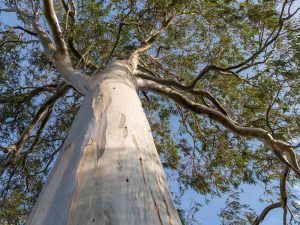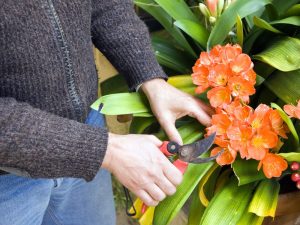Water is precious and its conservation is a must. In addition to saving money on your utility bill, the judicious use of water helps prevent pollution. Runoff flows into canals and storm drains. Overloading municipal sewer systems can, in turn, cause untreated sewage to flow to nearby lakes, rivers, and watersheds.
Conserving water also prevents greenhouse gas emissions
associated with treating and distributing water. Wastewater treatment plants generate
emissions through biological processes and the operation of fuel-hungry
machinery and equipment.
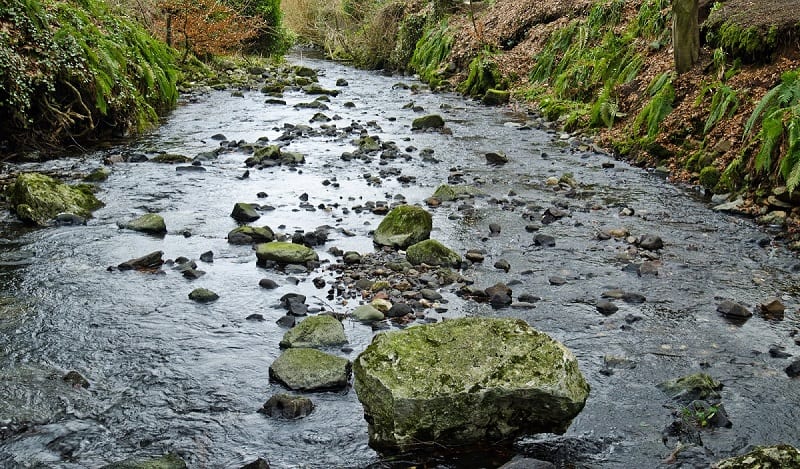
Using water wisely is smart gardening.
Contents
The smaller the amount of water flowing through public water systems and infrastructure, the lower the likelihood of pollution. In some communities, people have avoided costly sewage system expansion projects by encouraging household water conservation.
But gardeners don’t have to give up their perennials or home-grown vegetables. We just have to be more mindful about our use of a valuable – and limited – resource.
Below are 6 easy ways to make more efficient use of water in your garden.
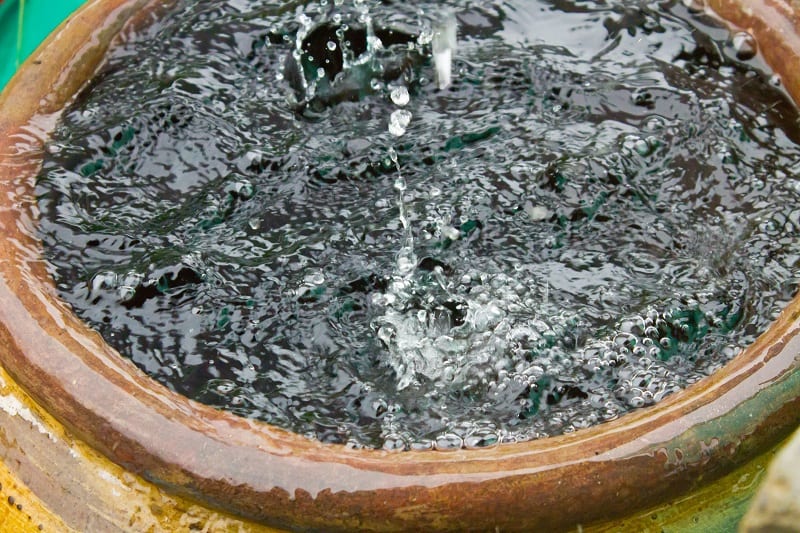
Use compost diligently.
By adding compost to your soil, you reduce your garden’s need for water. That’s because compost allows your soil to retain water. Researchers have found that a 5 percent increase in the amount of applied organic matter quadruples the water holding capacity of the soil.
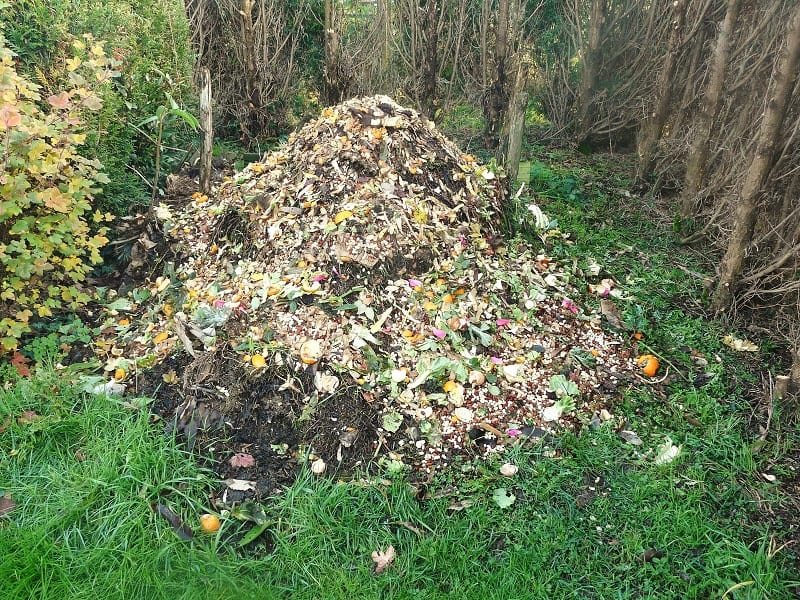
holding capacity of the soil.
Mulch to minimize water evaporation.
We use mulch mainly to discourage weeds and insulate the soil, but mulches also reduce water evaporation by keeping the soil cool. Plants that require abundant water will benefit from a two-inch protective layer of organic mulch on the soil surface above the root area.
Did you know that mulching can reduce the plants’ water
needs as much as 50 percent?
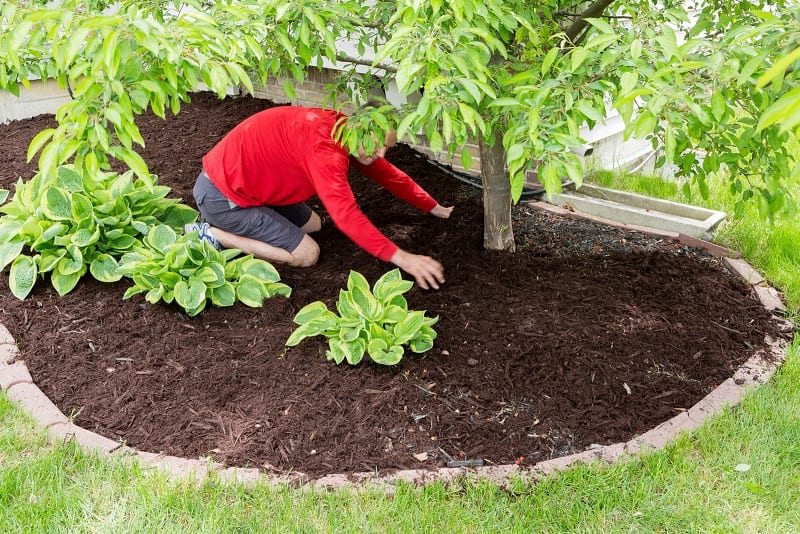
Invest in drip irrigation.
Use drip irrigation instead of a hose. Drip irrigation delivers water directly to the soil and plant roots. You can configure the system to bring precise amounts of water to your vegetable beds. If possible, array the emitters under the mulch to cut down on evaporation.
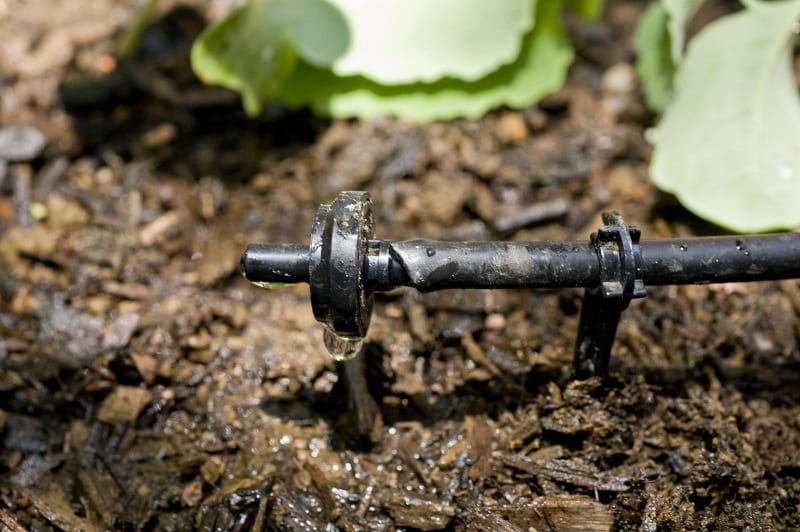
Keep weeds at bay.
Keep your beds free of weeds. You don’t want to waste water on them. That is if you don’t want to encourage them in your garden, anyway. Unwanted weeds compete for the water your preferred plants dearly need.
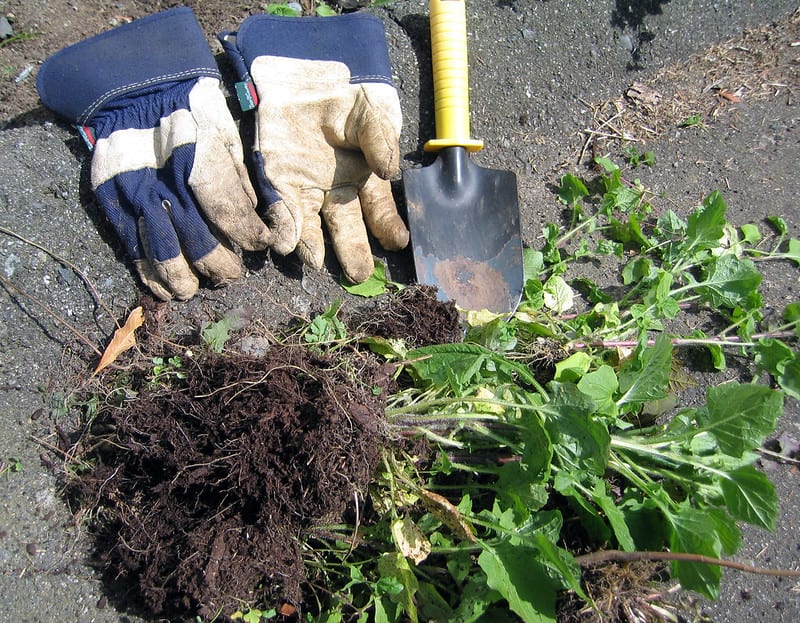
Use timers on your irrigation system.
Use digital timers or controllers on your irrigation system to regulate your garden’s water consumption. Configure them to water your plants during cooler times of the day.
Mornings are usually the best time as it’s cooler and less windy. That means more water will soak into the soil rather than evaporate. You expose your plants to a higher risk of fungal disease by soaking them overnight.
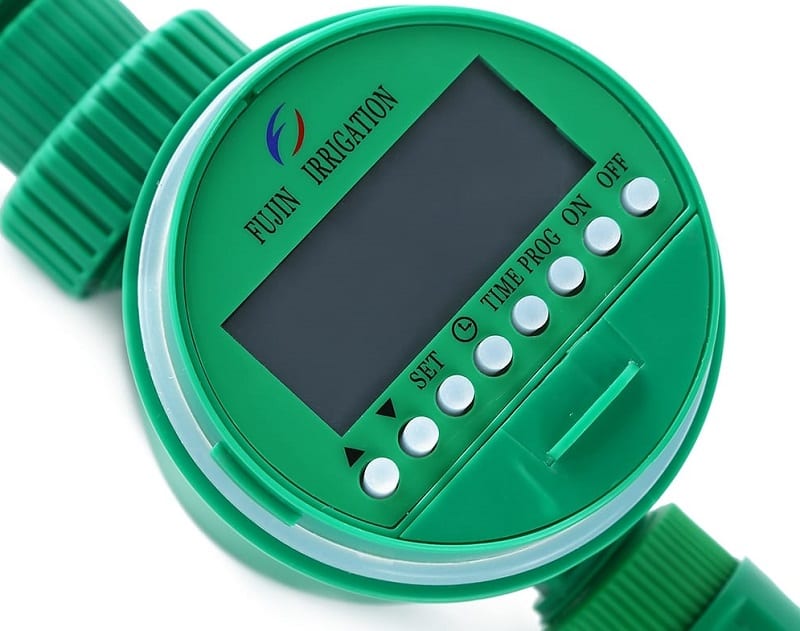
Recycle water.
When changing the water in your fishbowl or tank, instead of pouring the soiled water down the drain use it to water and fertilize your indoor garden. Researchers from the University of Illinois have found that the best time to water container plants is at noon.
Of course, you can also use aquarium water for your outdoor
plants in conjunction with your irrigation system.
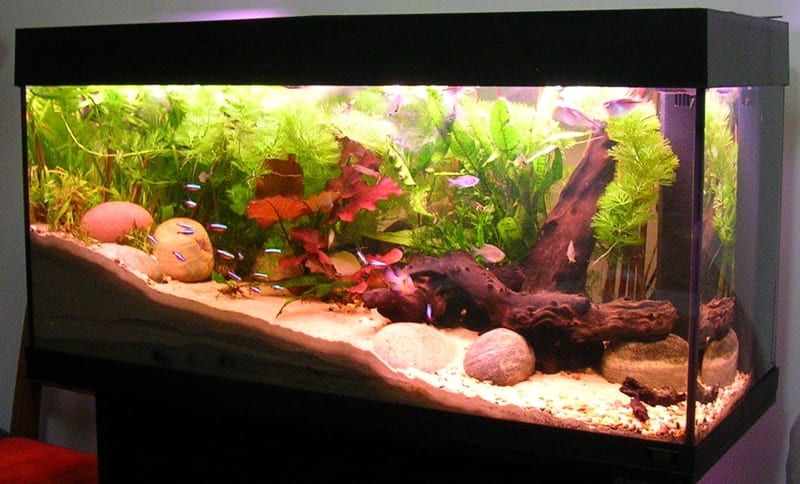
Water Conservation is a Must
According to a 2014 US government accountability Report, 40 out of 50 state water managers in the US expect water shortages under average conditions over the next decade.
The households of Australia held the worst record for water consumption, according to another report. On average, each Australian uses 341,000 liters of water each year. That is the equivalent of 8 backyard swimming pools.
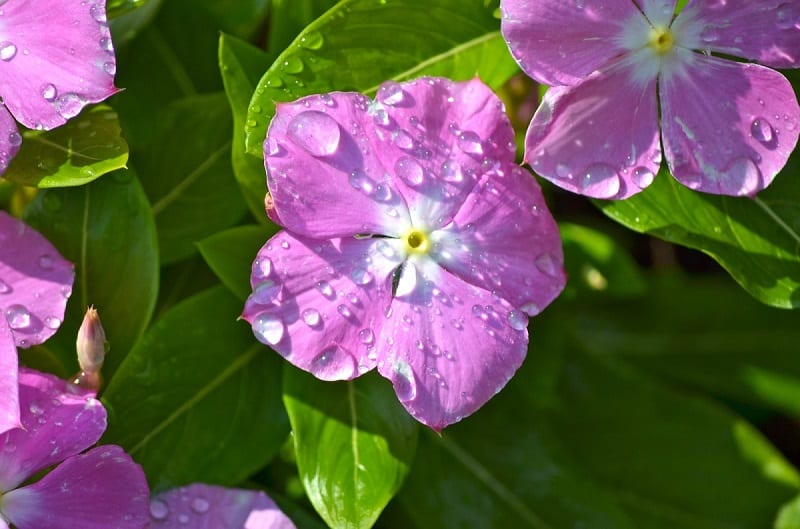
The key to water-wise gardening is efficient, thoughtful, and intelligent application. Most landscape plants do not need to be watered every day. To encourage the development of deep, healthy root systems in plants, practice infrequent watering instead of daily watering.
Excessive watering of young plants deters the development of healthy root systems. Overwatering exposes plants to stress, stops oxygen from reaching their roots, and causes them to become susceptible to pest infestation and disease.
It just makes sense to use limited resources prudently. As gardeners, that’s the least we can do for the environment and our communities.

